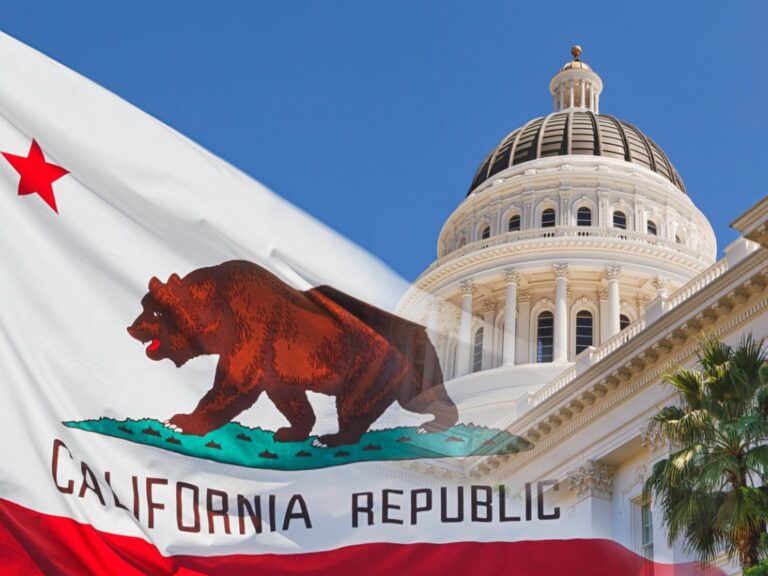California Supreme Court Clarifies the Right to Arbitrate
September 5, 2025

According to a Gibson Dunn client alert, the California Supreme Court has narrowed the scope of California Code of Civil Procedure section 1281.98, which governs nonpayment of arbitration fees in consumer and employment disputes.
In Hohenshelt v. Superior Court, the Court rejected a rigid interpretation that any late payment results in waiver of the right to arbitrate. It held instead that the waiver depends on the circumstances surrounding the nonpayment.
By adopting this construction, the Court concluded that the Federal Arbitration Act (FAA) does not preempt section 1281.98, which was enacted to prevent employers and businesses from stalling arbitration through nonpayment of required fees.
The statute provides that if a drafting party fails to pay arbitration fees or costs within 30 days of their due date, it is in “material breach” of the arbitration agreement and waives its right to compel arbitration.
The California Courts of Appeal have consistently interpreted this rule strictly, determining that even small or accidental delays in payment can nullify arbitral rights. This approach often allowed plaintiffs to avoid arbitration agreements after paying the fees late.
The Supreme Court rejected this absolute reading. Writing for the majority, Justice Liu held that section 1281.98 must be harmonized with general state contract law principles, under which contractual obligations are extinguished only when nonperformance is willful, grossly negligent, or fraudulent.
The Court determined that late payments resulting from good faith mistakes, excusable neglect, or inadvertence do not automatically forfeit the right to arbitrate.
Because the statute, as construed, mirrors generally applicable contract rules and does not disfavor arbitration, it is not preempted by the FAA.
The decision significantly changes legal strategy considerations. Plaintiffs can no longer rely on a late payment to defeat arbitration, while employers and companies may defend against waiver claims by showing excusable nonpayment.
Nevertheless, timely payment remains the safest course, and future litigation will likely focus on what qualifies as excusable delay under this refined framework.
Critical intelligence for general counsel
Stay on top of the latest news, solutions and best practices by reading Daily Updates from Today's General Counsel.
Daily Updates
Sign up for our free daily newsletter for the latest news and business legal developments.



